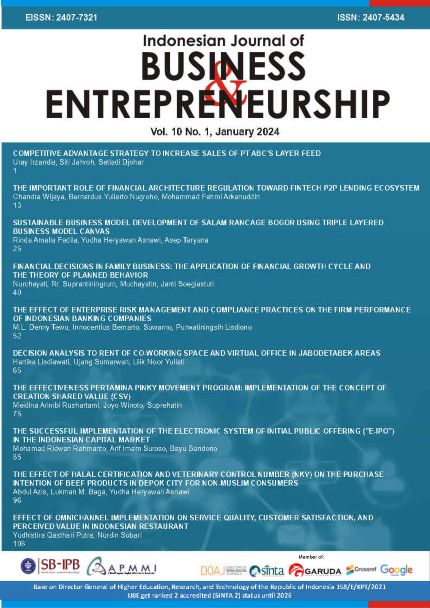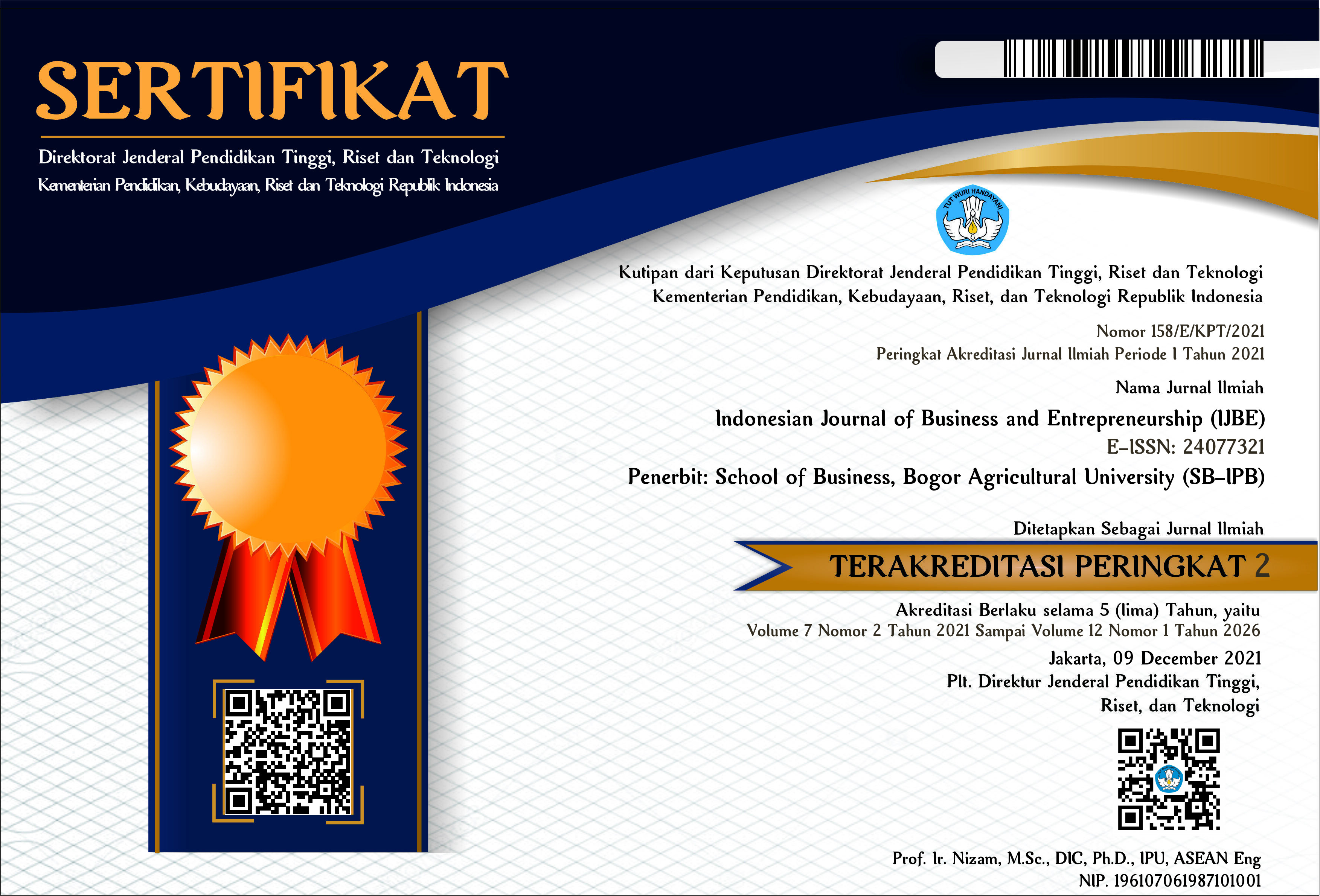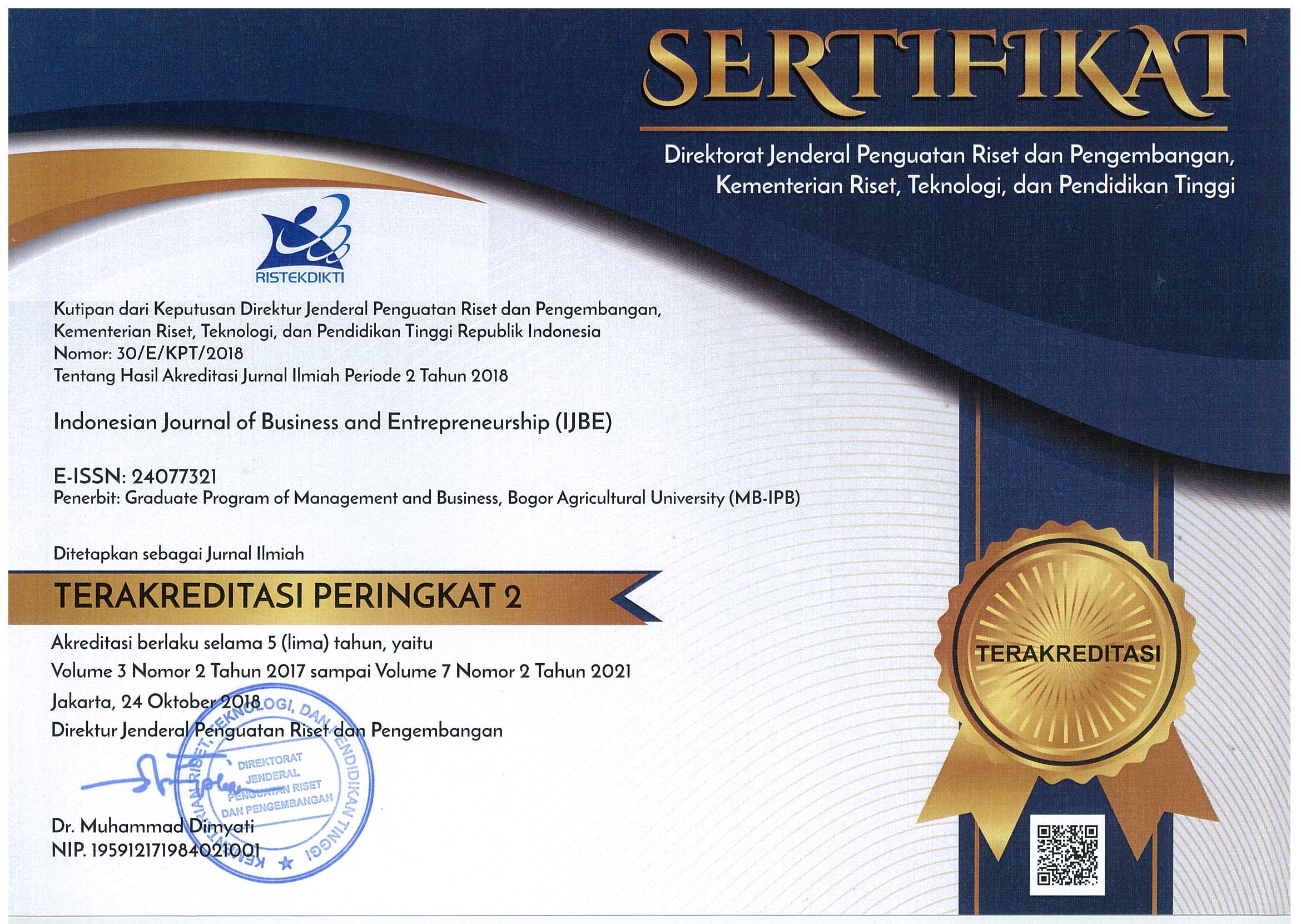The Moderating Role of Generation Differences Determinant Factors of Sustainable Apparel Behavior Intention
Abstract
Consumer awareness of the negative impacts of fast fashion has driven a shift towards sustainable apparel. This study aims to understand the determinants of consumer intention to engage in sustainable buying behavior. A conceptual model is developed to examine the relationship between internal factors (consumer characteristics such as shopping value, sustainability consciousness, perceived consumer effectiveness, and environmental knowledge) and external factors (advertising perspective focusing on sustainable clothing product criteria) that influence clothing consumption intention across different generations. An online survey was conducted with 150 X Generation, 150 Y Generation, and 150 Z Generation consumers in Indonesia. Data analysis using Partial Least Square-Structural Equation Modeling (PLS-SEM) revealed that various consumer characteristics and marketing perspectives positively impact sustainable clothing consumption intention. Notably, significant disparities were found in consumer characteristics and marketing perspectives across generational cohorts. These findings offer valuable recommendations for fashion industry practitioners to develop targeted marketing strategies considering sustainability issues, aiming to increase consumer trust and address current and future crises related to the environment and social aspects.
Keywords: generation cohorts, moderating variable, consumers sustainability, behavioral intention, sustainable apparel products









